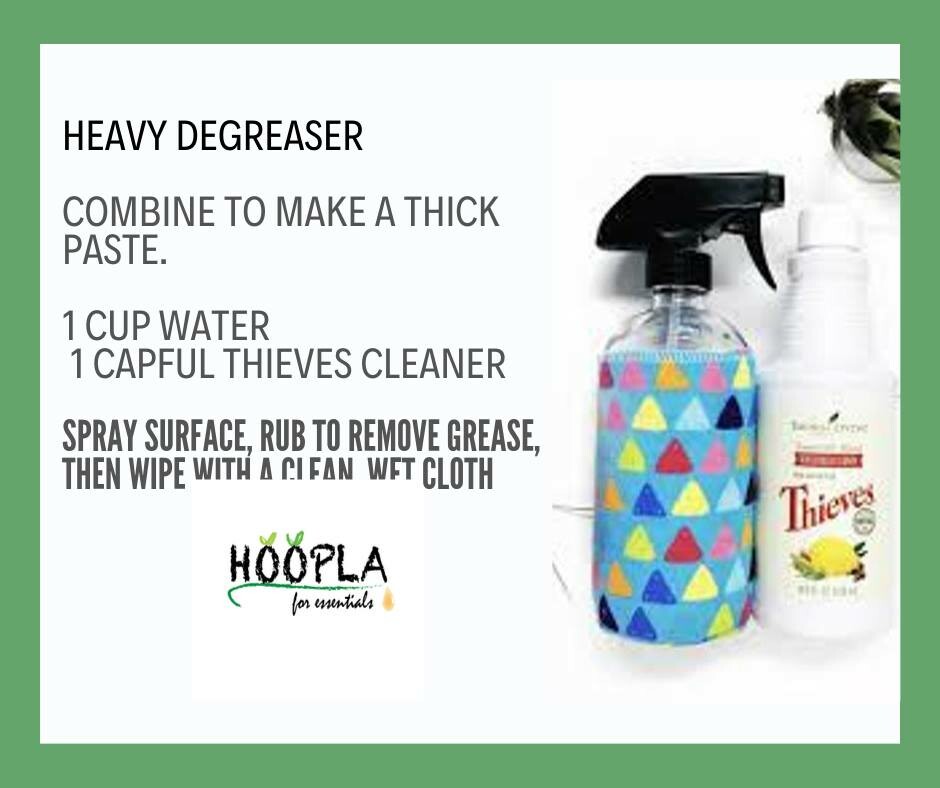
Move Towards a Chemical Free Home
Not only what we breathe, drink, and ingest affect our health, but also what we use to clean and beautify ourselves have a significant impact on our health. Our home cleaning products as well as the daily hygiene products that we use affect our bodily systems and ultimately go back into our environmental systems, which ultimately affects us all. Awareness is the first step to turning our bodies, home, and our environment into less toxic places.
Chemical synthetics are used in mass-produced home products for convenience and affordability. It is important to be informed so that we can protect our family and environment from becoming toxic playgrounds. The chemical synthetics that are easily made available to us are unable to break down naturally or biodegrade which then accumulates in our fatty tissues and creates toxicity.
Toxic Ingredients can be found in many of the products we find at our friendly grocers. There are very few regulations imposed on companies who produce these products, as to how much toxic ingredients should even be allowed in a bottle. And quite often they should possibly be banned altogether. When purchasing these cleaning products, it is also good to keep in mind that some unethical companies have evolved to advertise “green” which is a concern as it is a huge misrepresentation with products containing suspect ingredients.
The Environmental Working Group (EWG) has listed some of the more hazardous chemical additives found in common cleaning products. You can check out their App to check up on products you are purchasing on a regular basis.
Have a look at some of these common ingredients that are added to everyday household cleaning products. What does it look like under your kitchen sink and could your home possibly become a better environment?
Why not Do It Yourself (DIY)? DIY puts you in control of a safer home environment and once you get started it really is surprisingly easy and fun to do. Once you have filled your cupboards with vinegar, baking soda, washing soda, castile soap, vegetable glycerin and some pure essential oils you will be ready to take on the dirt in your home. Another gem of combining essential oils into your DIYS is that not only do we reduce risks and exposures to toxins, but they also provide excellent cleaning benefits and support our body systems.
We officially removed all store-bought cleaners from our home for over 5 years and have been using the Thieves cleaner as the staple, baking soda, and vinegar as the basis for pretty much every corner of the house. The thieves cleaner is a must-have to combat mold in any home and can be used on the floors, walls, countertops, and basins. There is really no need to buy multiple cleaners for every area of your home. There is a lot to be said about keeping your life simple and clean.




We want to help you get started with these easy recipes below. Once you get started you can then you can begin to expand your repertoire. You can contact us at hooplaessentials@gmail.com we would be happy to send you a FREE DIY recipe booklet filled with recipes we have tried and tested, to help you keep your home clean and toxic-free. Additionally, you will find some of our favorite beauty recipes.
Get Started with a few Simple Home Cleaning Recipes
Carpet Deodorizer
2 cups baking soda
25 drops of essential oil
Shake well before each use and store in an air-tight container. Sprinkle over carpets and sofas before vacuuming.
Fabric Softener
½ cup white vinegar
2 tablespoons baking soda
25 drops lavender oil or lemon oil
Mix as a paste in a small blow. Transfer to the fabric softener holder of the washing machine. Use during washer’s rinse cycle.
Simple Laundry Powder
4 cups baking soda
3 cups washing soda
2 cups grated castile soap bar (baby mild unscented)
20 drops lavender essential oil
10 drops lemon essential oil
(can change the oil for your preference. You don’t actually smell the oils in the finished wash)
Mix baking soda with essential oils, add washing soda (be careful when mixing, it can be an irritant) then Castile and either mix or shake in a large container. Use a large tablespoon for each regular load. You may choose to add a spoon of borax for whites/towels/really dirty loads.
Bathroom Cream Cleaner
½ cup baking soda
15 drops essentials oils (lemon, thieves, eucalyptus, tea tree, or substitute with a capful of thieves cleaner)
Liquid castile soap
Mix oils with baking soda and then add Castile gradually until the desired consistency. If you are storing this, you will need to give it a mix before each use.













0 Comments